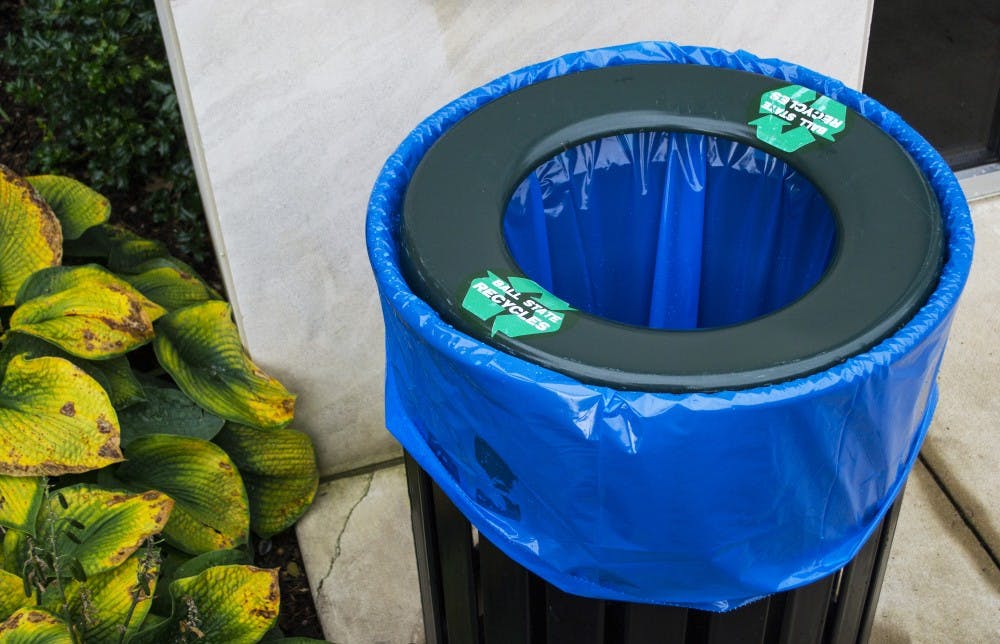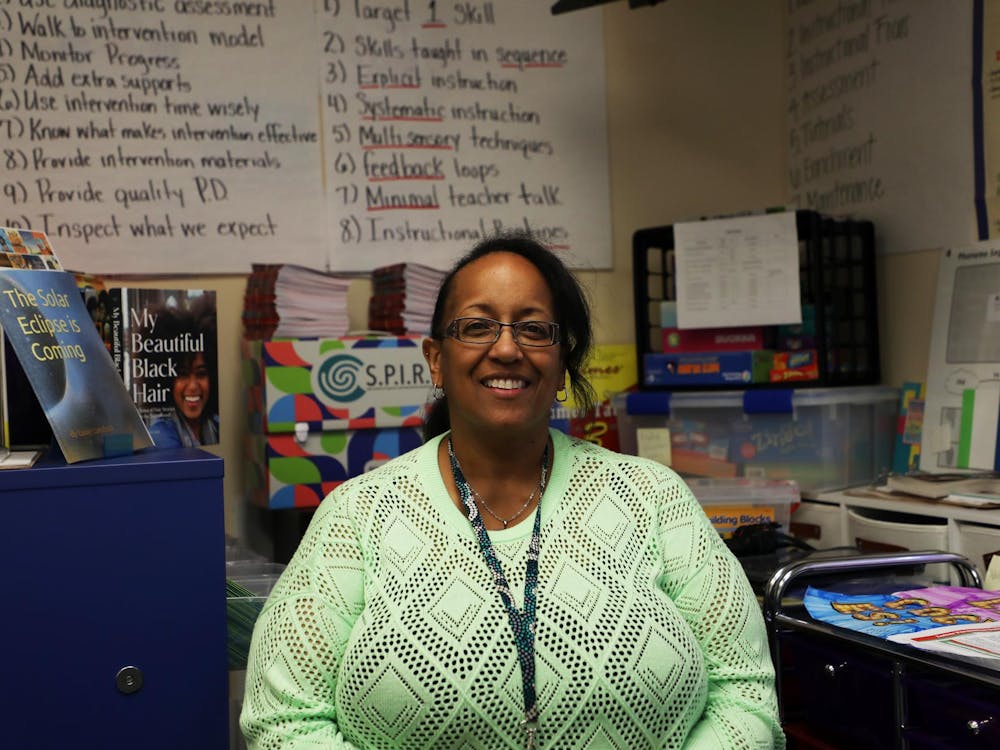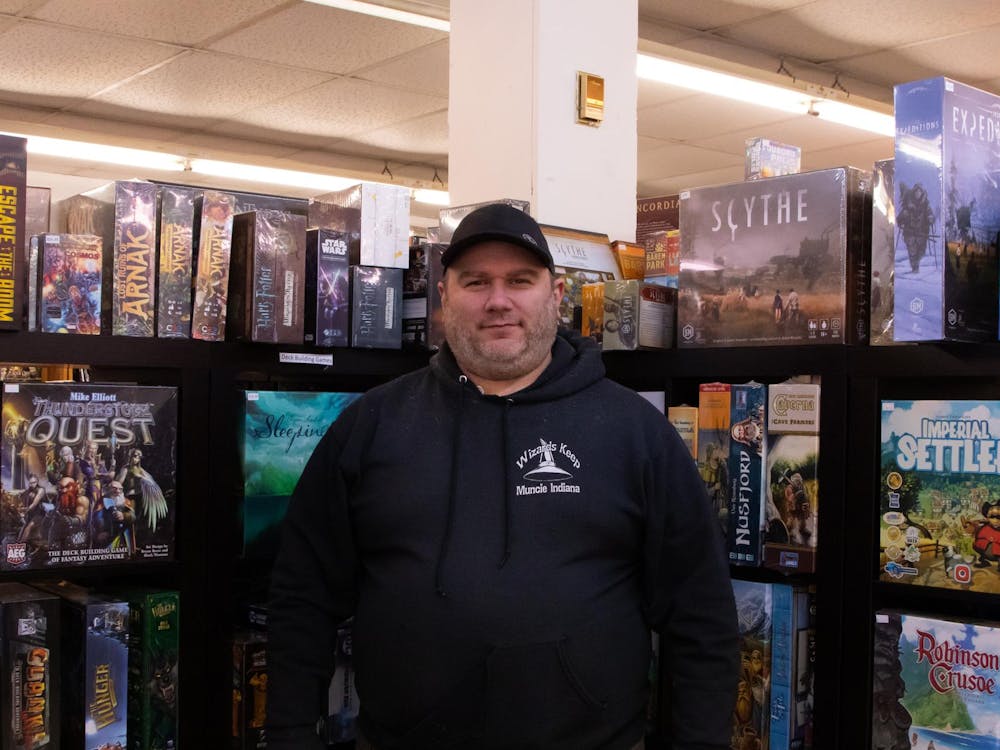Back in 2002, the World Wildlife Foundation estimated that human consumption would destroy the forests, empty the oceans, and eliminate the atmosphere by the year 2050.
The study estimates that one third of the natural world has been destroyed by humans since 1970 and indicates a need for more sustainable lifestyles, especially in Western culture.
Those who have grown up in the midst of all the publicity that climate change has gotten recently often overlook the consequences of poor waste management.
“I don’t know too much about the infrastructure of the recycling, or how well [Muncie] works with Ball State,” said Dan Martens, a Ball State senior. “I would assume that they try to do their best, given the number of students.”
Martens is like many students at Ball State who are aware of the recycling program, but are ill-informed on the process of recycling and its global impact.
As part of its green initiative, Ball State participates in the Muncie Sanitary District’s (MSD) Blue Bags program; a consumer-driven recycling initiative designed to reduce Muncie’s carbon footprint.
Muncie residents can find the blue bags lining bins in virtually every hallway on campus. Each bin is marked with signs designating what kinds of recyclables they can take.
When students throw a recyclable product into a blue bag, one of MSD’s collection trucks picks it up and takes it to a recycling center. From there, the items are sorted and broken down into raw material, which is then sent to manufacturers to be reused.
To learn some of the challenges that come with recycling, visit BallBearingsMag.com or download the free Ball Bearings app on either iTunes or Google Play.





